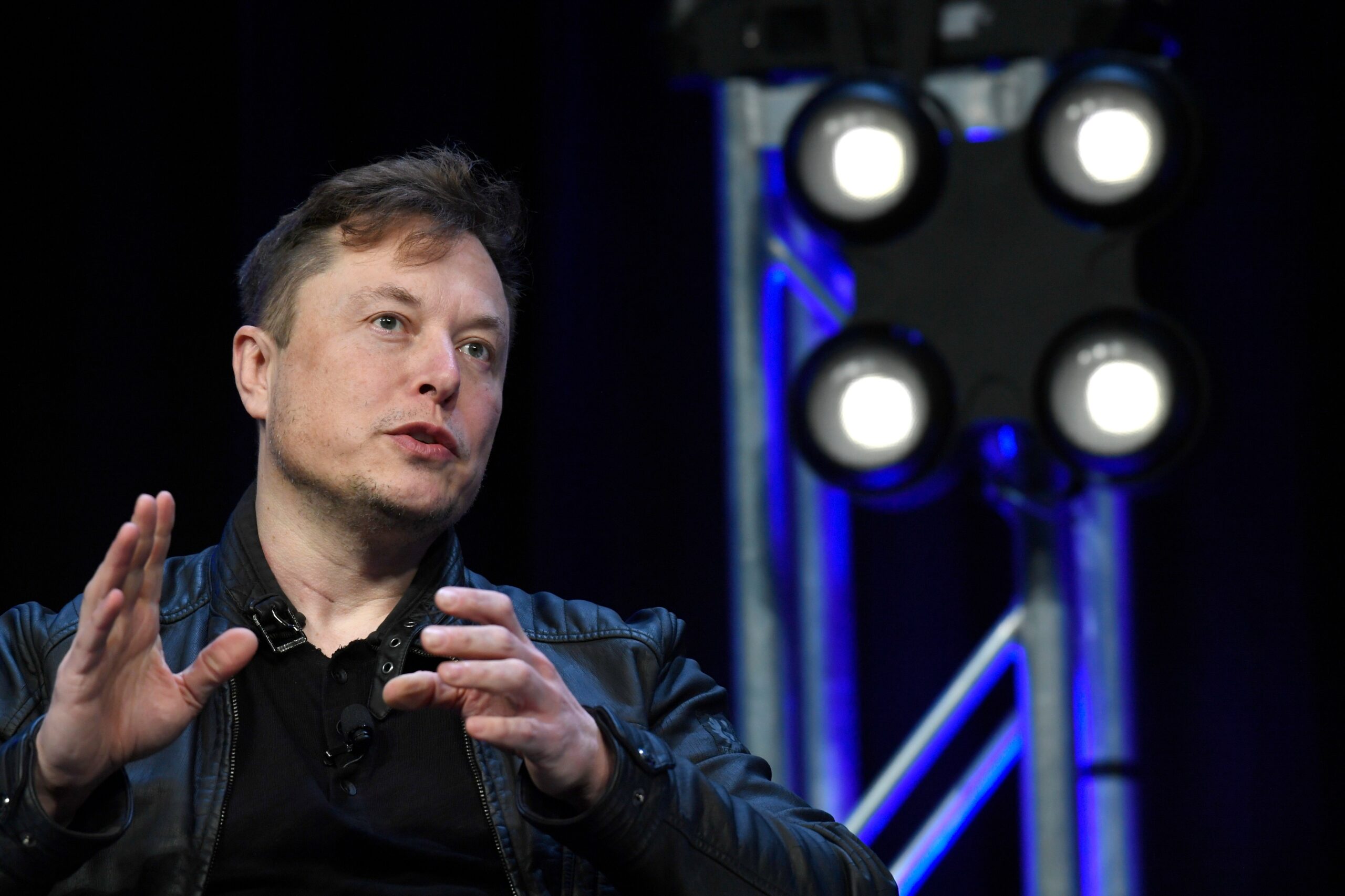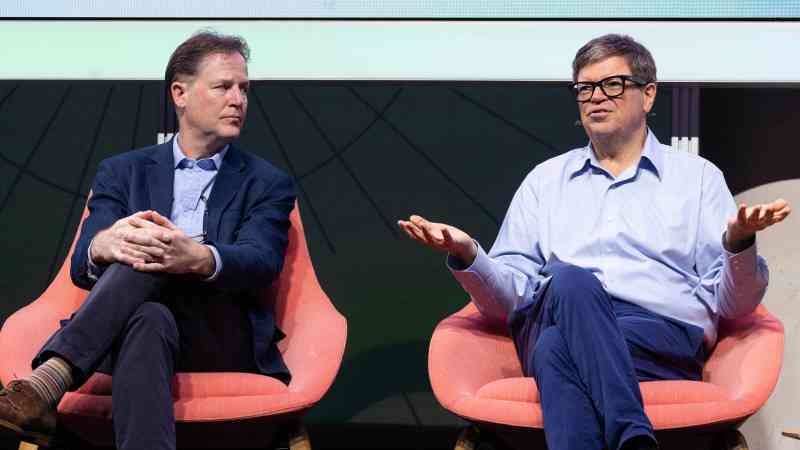Meta’s AI guru shoots down Elon Musk’s prediction
Elon Musk is wrong to say that artificial intelligence will overtake human intelligence next year, according to one of the world’s leading AI scientists.
Yann LeCun, Meta’s chief AI scientist and one of the so-called godfathers of the technology, said that while artificial general intelligence was achievable, it could take decades to arrive.
Speaking at an event at its London headquarters to showcase Meta’s AI strategy, LeCun, 63, reflected that scientists were still lacking significant advances that would be required to reach animal intelligence. “AGI is certainly not next year as our friend Elon has said,” he concluded.
• Elon Musk: AI will outsmart mankind next year
His remarks came in response to comments from Musk, the billionaire chief executive of Tesla, that artificial intelligence would be smarter than the smartest human as early as next year. In an interview on his platform X Spaces, Musk said the development of AI was being constrained by a chip shortage and the availability of electricity.
However, LeCun asserted that the history of AI “is a succession of people being overly optimistic and then realising that what they’re trying to do is more difficult than they thought. We hear a lot of people say we’re going to get AGI within the next year and it’s just not happening.
“We have AI systems that can pass the Bar exam, but they can’t do what your cat does, which is why we don’t have domestic robots that can clear up the dinner table or fill the dishwasher.
“We have systems that manipulate language to fool us into thinking that they are smart, but in fact they don’t understand. That’s what we’re working on. I’m always constantly dissatisfied with the state of AI.”
It is not the first time the pair have clashed over their differing views of AI.

Next week Meta is planning to launch two small versions of Llama 3, its open source large-language model, the technology behind its generative artificial intelligence platform. The full version is expected in the summer. LeCun said the company had decided to make its models open source and available because “we don’t have a monopoly on good ideas. And so we’re sharing ideas with other people.”
At the same event Sir Nick Clegg, the former deputy prime minister who is now Meta’s president of global affairs, played down the impact of the technology on forthcoming elections, which many have feared. “Of the major elections which have taken place already this year … so far what’s been very striking is how little these tools have been used on a systemic basis to really try to subvert or disrupt the election system,” Clegg, 57, said.
Election disruption by AI was considered one of the biggest global risks of 2024 by delegates at this year’s World Economic Forum in Davos.
However, Clegg said: “The trends, and they may change, they may change dramatically, but so far have not suggested something wildly out of the ordinary.
“Think of AI as a sword, not just a shield, when it comes to bad content. If you look at Meta, the world’s largest social media platform, the single biggest reason why we’re getting better and better and better in reducing the bad content that we don’t want on our platforms, on Instagram, on Facebook and so on, is for one reason only: AI.”




Post Comment